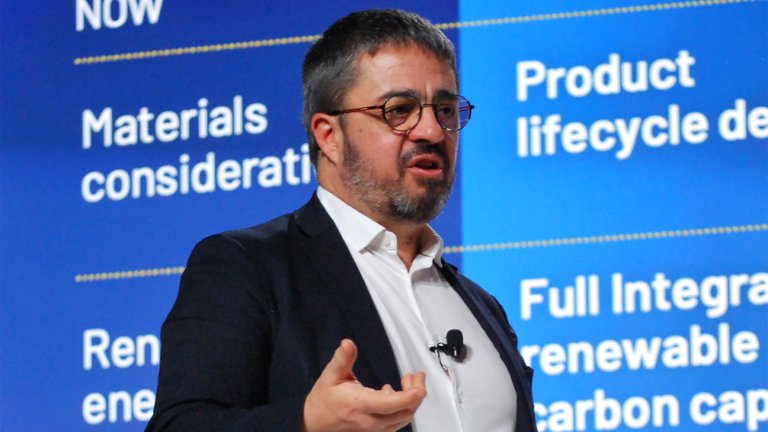By Jim Montague, Contributing Editor
Many people are concerned that automation is going to take away jobs. However, in light of today’s rapidly shifting technologies, supply chain disruptions, and millions of already unfilled jobs, it’s more than likely there will be plenty work for everyone, even if job descriptions change and retraining is necessary.
“Rockwell Automation wants to expand human possibilities,” explained Cyril Perducat, chief technology officer, Rockwell Automation. “And when we talk about the future and things like robots on the plant floor, we’re not talking about removing people from the equation. We want to augment existing people and their capabilities.”
He added, “There are a lot of buzzwords today, including artificial intelligence (AI), but they aren’t just about technology. They’re about creating the right experiences for people. There’s no way to invest in the future without making tools usable for people.”
Perducat made these remarks during his closing keynote address at the 2023 Automation Fair® event in Boston.
Strategies for Challenges
Perducat reported it’s important to start with the individual combination of challenges that each industry and company is facing. “Manufacturers want stable production, but many demands are quickly evolving, Many cars are built as almost unique models, and many pharmaceuticals are produced using increasingly individual specifications.”
He added that the second big challenge is supply-chain volatility and shortages of raw and finished materials, such as semiconductors, which ramped up during the COVID-19 pandemic, and have continued more recently due to the ongoing war in Ukraine and other geopolitical turmoil. These upheavals and other uncertainties have been accompanied by increasing cybersecurity risks.
“Cyber probes, intrusions and attacks typically come from malicious actors targeting manufacturing sites and infrastructure,” he said. “These challenges are why users need to stay agile and optimized, and maintain high productivity.”
To help users develop useful responses to these multiple challenges, Perducat outlined present and future conditions from four angles: production that is both agile and optimized as well as resilient and sustainable.

